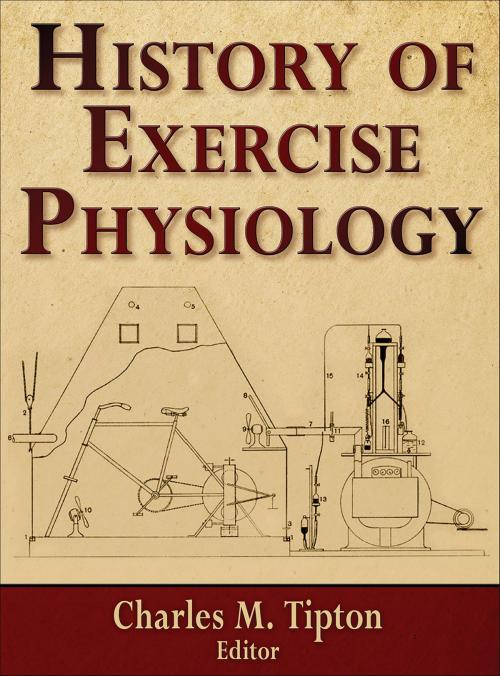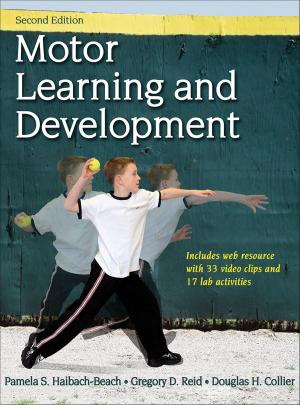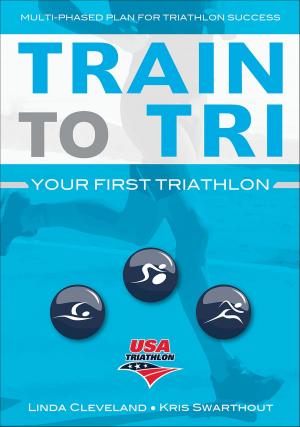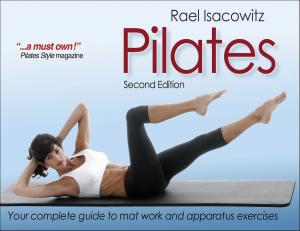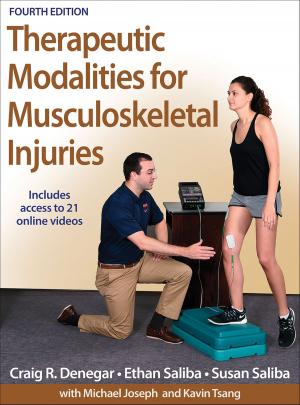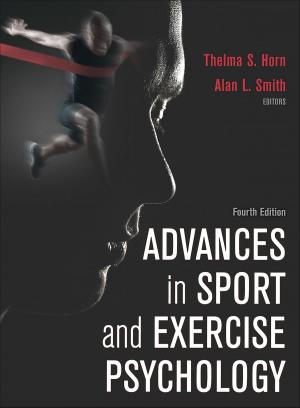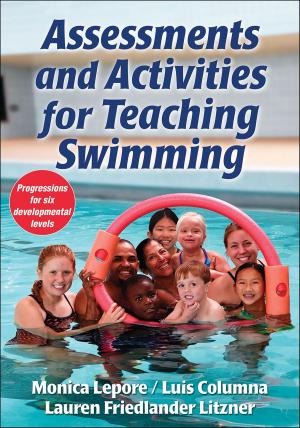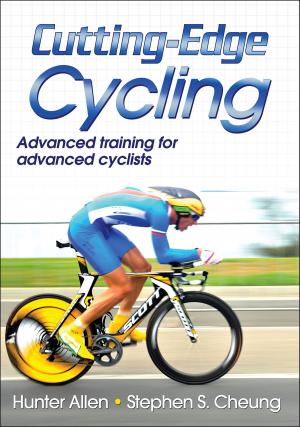History of Exercise Physiology
Nonfiction, Health & Well Being, Medical, Medical Science, Physiology, Science & Nature, Science, Biological Sciences, Human Physiology| Author: | Charles Tipton | ISBN: | 9781492584391 |
| Publisher: | Human Kinetics, Inc. | Publication: | April 1, 2014 |
| Imprint: | Human Kinetics, Inc. | Language: | English |
| Author: | Charles Tipton |
| ISBN: | 9781492584391 |
| Publisher: | Human Kinetics, Inc. |
| Publication: | April 1, 2014 |
| Imprint: | Human Kinetics, Inc. |
| Language: | English |
History of Exercise Physiology brings together leading authorities in the profession to present this first-of-its-kind resource that is certain to become an essential reference for exercise physiology researchers and practitioners. The contributing authors were selected based on their significant contributions to the field, including many examples in which they were part of seminal research. The result of this vast undertaking is the most comprehensive resource on exercise physiology research ever compiled.
Exercise physiology research is ongoing, and its knowledge base is stronger than ever. But today’s scholars owe much of their success to their predecessors. The contributors to this book believe it is essential for exercise physiologists to understand the past when approaching the future, and they have compiled this reference to aid in that process. The text includes the following features:
• A broad scope of the primary ideas and work done in exercise physiology from antiquity to the present
• A review of early contributions to exercise physiology made by Scandinavian scientists, the Harvard Fatigue Laboratory, German laboratories, and the Copenhagen Muscle Research Centre
• The incorporation of molecular biology into exercise biology and physiology research that paved the way for exercise physiology
• An explanation of the relationship between genomics, genetics, and exercise biology
• An integrative view of the autonomic nervous system in exercise
• An examination of central and peripheral influences on the cardiovascular system
• An in-depth investigation and analysis of how exercise influences the body’s primary systems
•A table in most chapters highlighting the significant research milestones
Well illustrated with figures and photos, History of Exercise Physiology helps readers understand the research findings and meet the most prominent professionals in the field. From studying great thinkers of antiquity and cutting-edge work done by pioneers at research institutions, to exploring the inner workings of all the body’s systems, researchers will gain a precise understanding of what happens when human bodies move—and who influenced and furthered that understanding.
History of Exercise Physiology brings together leading authorities in the profession to present this first-of-its-kind resource that is certain to become an essential reference for exercise physiology researchers and practitioners. The contributing authors were selected based on their significant contributions to the field, including many examples in which they were part of seminal research. The result of this vast undertaking is the most comprehensive resource on exercise physiology research ever compiled.
Exercise physiology research is ongoing, and its knowledge base is stronger than ever. But today’s scholars owe much of their success to their predecessors. The contributors to this book believe it is essential for exercise physiologists to understand the past when approaching the future, and they have compiled this reference to aid in that process. The text includes the following features:
• A broad scope of the primary ideas and work done in exercise physiology from antiquity to the present
• A review of early contributions to exercise physiology made by Scandinavian scientists, the Harvard Fatigue Laboratory, German laboratories, and the Copenhagen Muscle Research Centre
• The incorporation of molecular biology into exercise biology and physiology research that paved the way for exercise physiology
• An explanation of the relationship between genomics, genetics, and exercise biology
• An integrative view of the autonomic nervous system in exercise
• An examination of central and peripheral influences on the cardiovascular system
• An in-depth investigation and analysis of how exercise influences the body’s primary systems
•A table in most chapters highlighting the significant research milestones
Well illustrated with figures and photos, History of Exercise Physiology helps readers understand the research findings and meet the most prominent professionals in the field. From studying great thinkers of antiquity and cutting-edge work done by pioneers at research institutions, to exploring the inner workings of all the body’s systems, researchers will gain a precise understanding of what happens when human bodies move—and who influenced and furthered that understanding.
